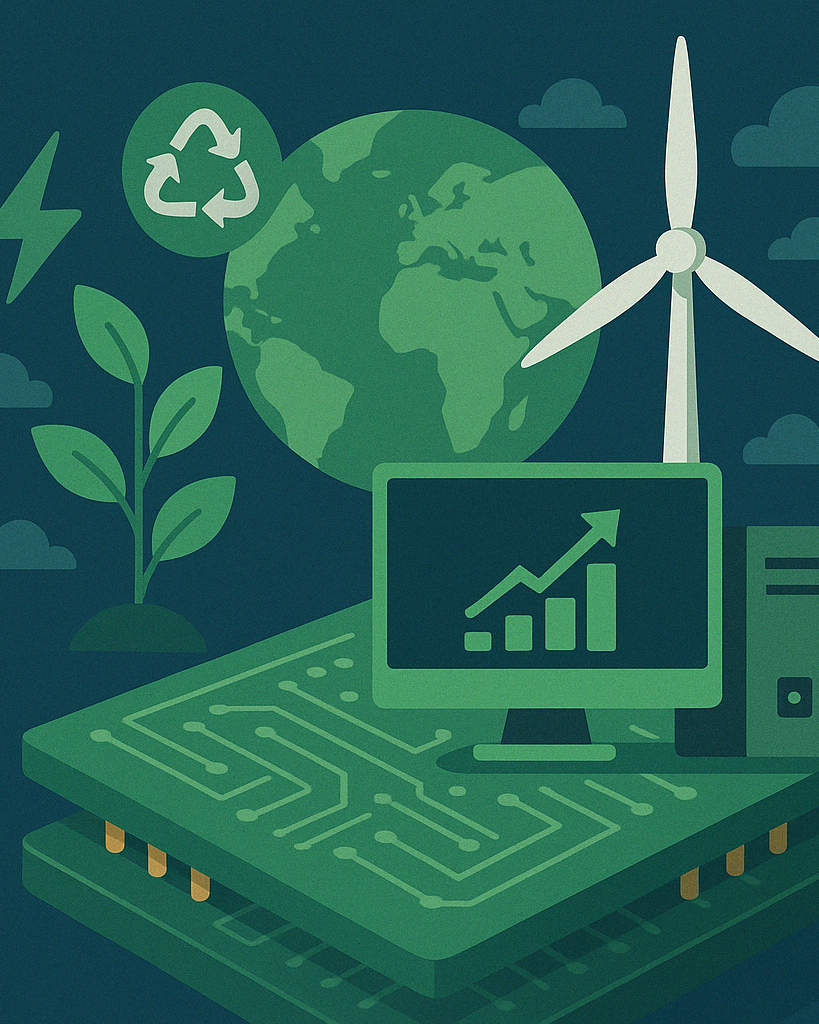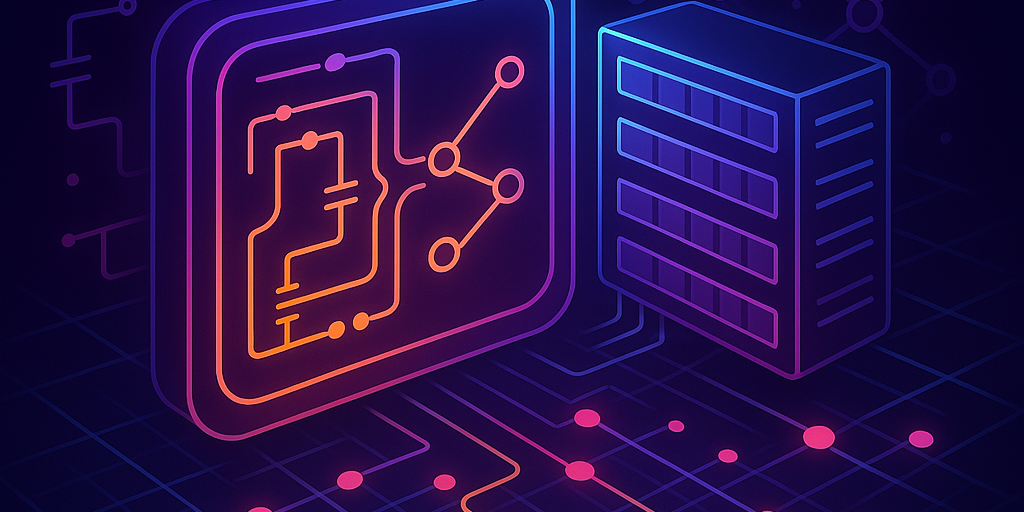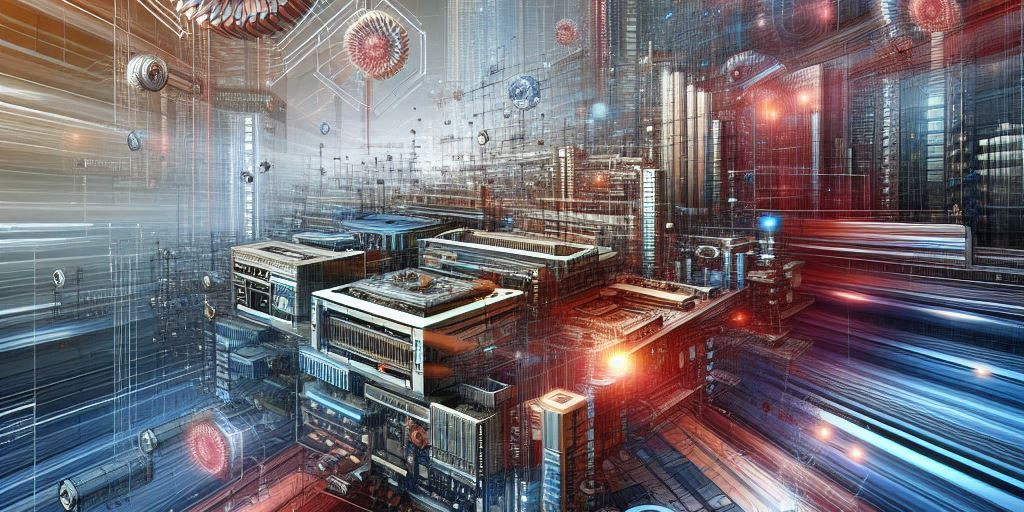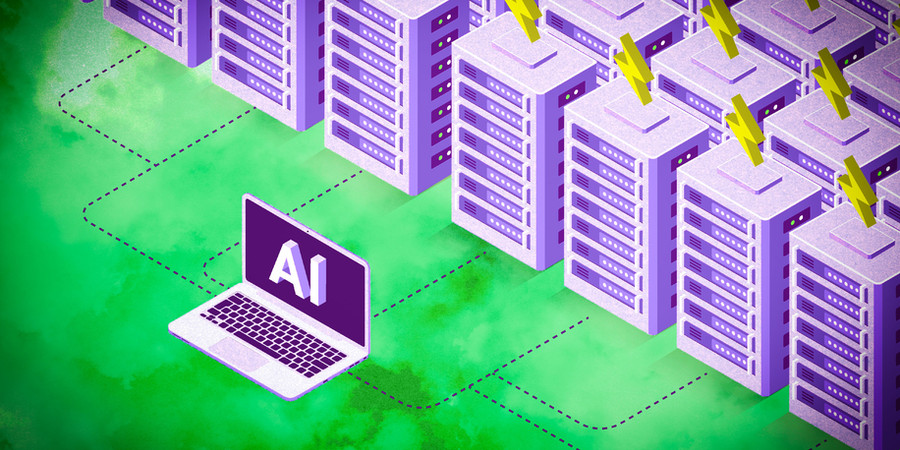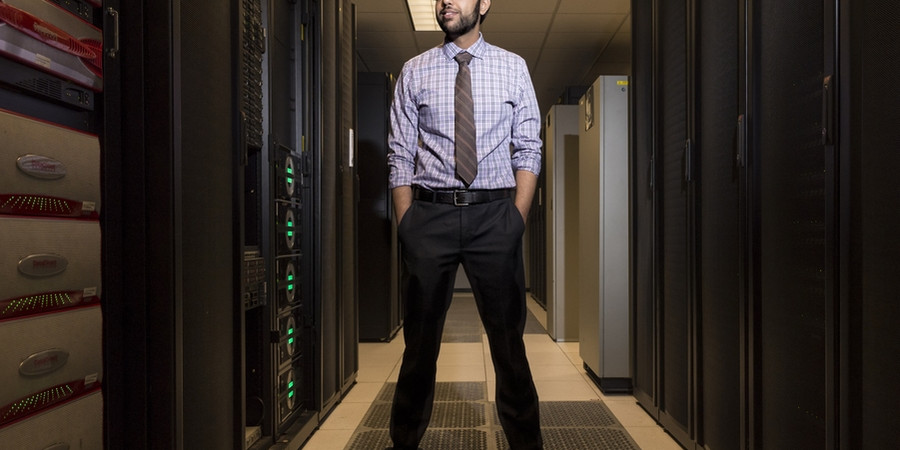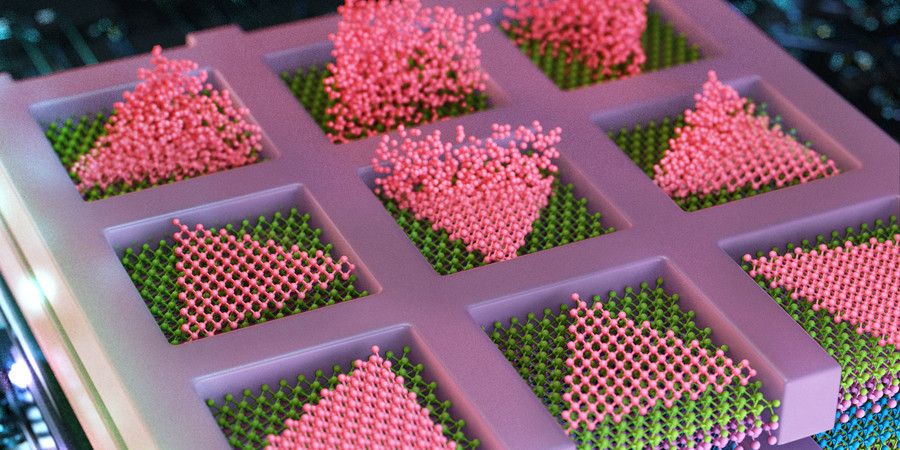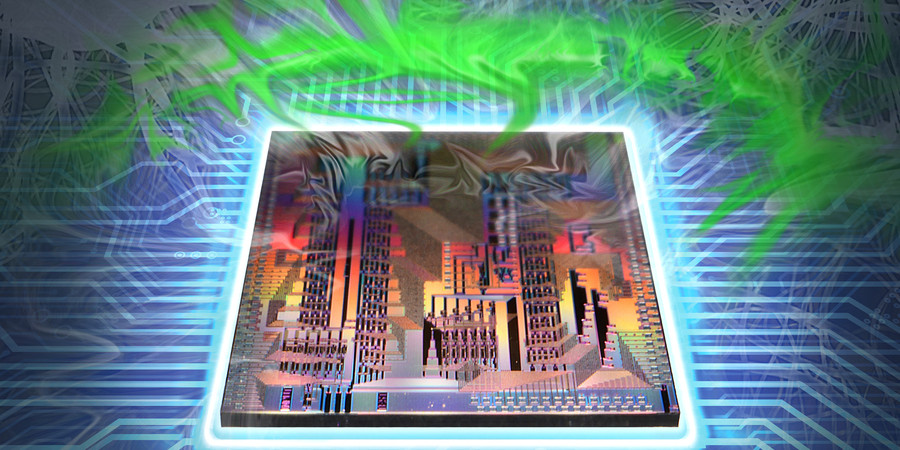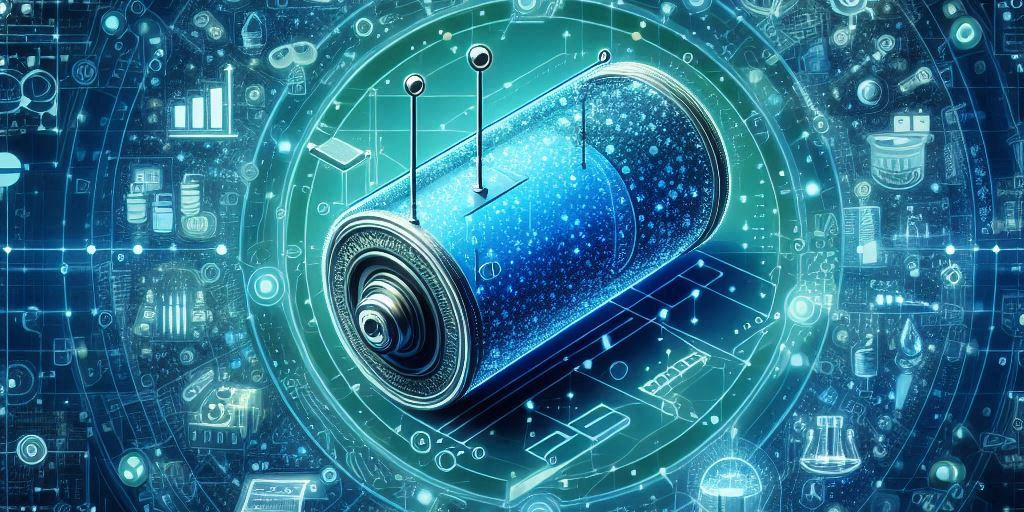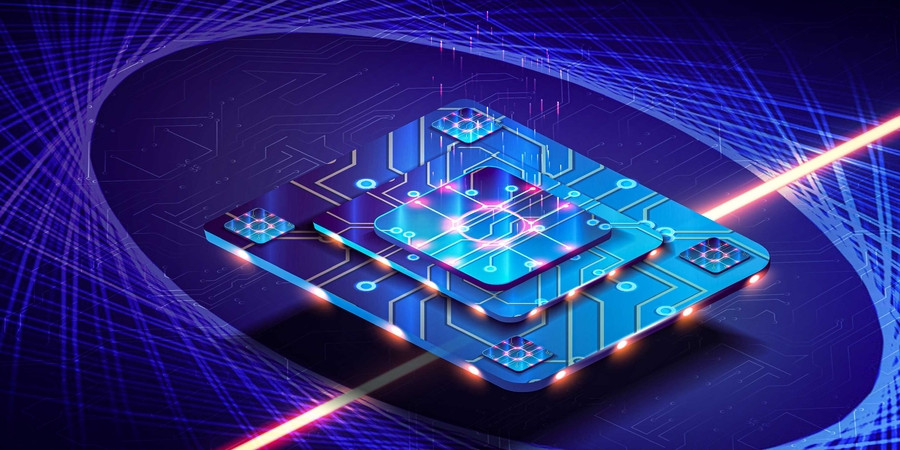Energy-Efficient and Environmentally Sustainable Computing Systems Leveraging Three-Dimensional Integrated Circuits
Wednesday, May 14, 2025 | 12:00 - 1:00pm ET
Hybrid
Zoom & MIT Campus
Analog Compute-in-Memory Accelerators for Deep Learning
Wednesday, April 30, 2025 | 12:00 - 1:00pm ET
Hybrid
Zoom & MIT Campus
Agile Design of Domain-Specific Hardware Accelerators and Compilers
Wednesday, February 12, 2025
Hybrid
Zoom & MIT Campus
Explained: Generative AI’s Environmental Impact
Adam Zewe | MIT News
Rapid development and deployment of powerful generative AI models comes with environmental consequences, including increased electricity demand and water consumption.
Q&A: The Climate Impact of Generative AI
Anne McGovern | MIT Lincoln Laboratory
As the use of generative AI continues to grow, Lincoln Laboratory's Vijay Gadepally describes what researchers and consumers can do to help mitigate its environmental impact.
MIT Engineers Grow “High-Rise” 3D Chips
Jennifer Chu | MIT News
An electronic stacking technique could exponentially increase the number of transistors on chips, enabling more efficient AI hardware.
Photonic Processor Could Enable Ultrafast AI Computations with Extreme Energy Efficiency
Adam Zewe | MIT News
This new device uses light to perform the key operations of a deep neural network on a chip, opening the door to high-speed processors that can learn in real-time.
2024 Mildred S. Dresselhaus Lecture: Understanding battery function—new metrologies, new chemistries, and new insights
Monday, November 18, 2024 | 4:00 - 5:00pm ET
Hybrid
Zoom & Huntington Hall (10-250)
222 Memorial Drive, Cambridge, MA
Nanoscale Transistors Could Enable More Efficient Electronics
Adam Zewe | MIT News
Researchers are leveraging quantum mechanical properties to overcome the limits of silicon semiconductor technology.
Toward a Code-breaking Quantum Computer
Adam Zewe | MIT News
Building on a landmark algorithm, researchers propose a way to make a smaller and more noise-tolerant quantum factoring circuit for cryptography.

